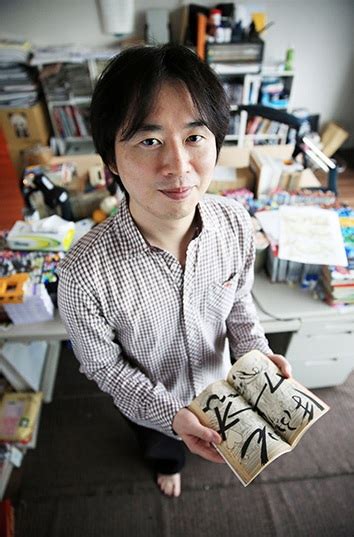A Quote by Sarah Manguso
Those who claim to write about something larger and more significant than the self sometimes fail to comprehend the dimensions of self.
Quote Topics
Related Quotes
I try to tell student writers to read as much as possible, not only literature but philosophy, theory, and to form obsessions. There's a big taboo in fiction creative writing workshops against using the self at all, and I think I try to encourage students to write the self, but to connect the self to something larger, which is to be this thinking, seeing, searching, eternally curious person, and that writing can come out of investigating and trying to understand confusion, and doubts, and obsessions.
It is fine to imitate a being you respect, but you cannot become that very being. Imitation is something one does to grow and develop. It is not something you use to deceive yourself. You absorb in yourself the things you think have some kind of value, but even if you try to find the meaning about your true self you will not find anything. Because those who cannot accept their real self always fail.
Define self-awareness and tell me what it is about it that requires something more than a material explanation. I do not accept the burden of explaining all phenomena, real or imagined. If you think more than matter is required for this thing you call self-awareness, which you have not defined, then you have the burden of showing why.
Self-interest, to be sure, is one of the most important, but we have many other motives - honesty, self-respect, altruism, love, sympathy, faith, sense of duty, solidarity, loyalty, public-spiritedness, patriotism, and so on - that are sometimes even more important than self-seeking as the driver of our behaviors.
The basis of self-ownership is the fact that each person has direct control over the scarce resource of his body and therefore has a better claim to it than any third party (and any third party seeking to dispute my self-ownership must presuppose the principle of self-ownership in the first place since he is acting as a self-owner).






































